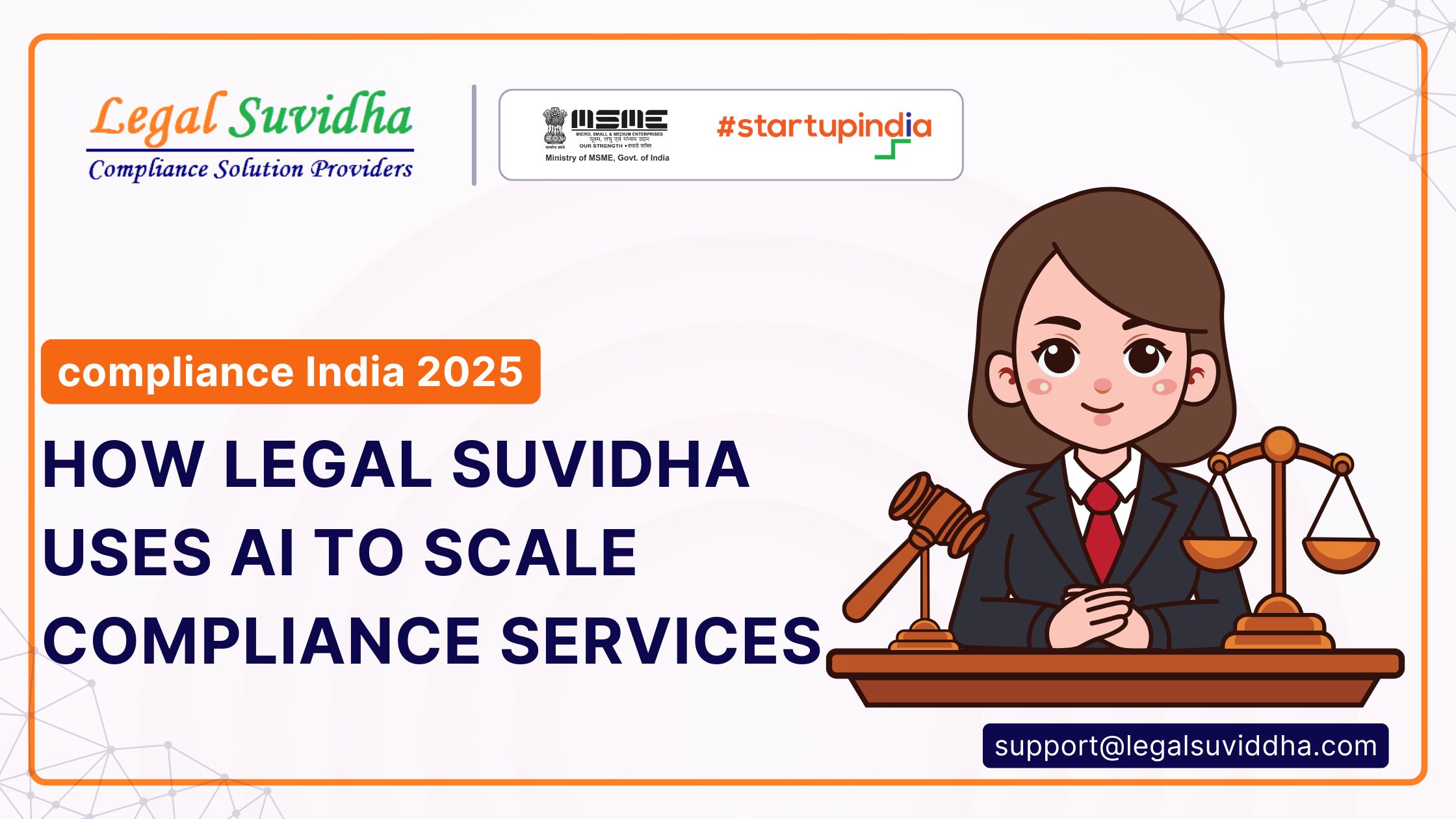HealthTech or healthcare technology is one of the fastest growing sectors in India.There is question arise how to start healtcare platform in India.For this we need to follow some steps which can help for better healthcare system.
There are several steps you can take to start a healthtech platform in India:
- Research and identify the target market: Determine who your potential customers are and what their needs are in terms of healthcare services.
- Choose a business model: Decide on the type of healthtech platform you want to offer, such as telemedicine, online appointment scheduling, or medical records management.
- Obtain necessary licenses and approvals: In India, healthtech companies must comply with laws and regulations related to healthcare, such as the Clinical Establishments Act and the Indian Medical Council Act. You will need to obtain any necessary licenses or approvals from the relevant authorities.
- Implement security measures: Healthtech platforms handle sensitive medical information, so it is important to implement strong security measures to protect your customers’ data. This may include measures such as encryption, secure servers, and access controls.
- Promote your platform: Once you have everything in place, it’s time to start promoting your healthtech platform to potential customers. This may involve advertising, social media marketing, and partnerships with healthcare providers.
- Consider seeking funding: Starting a healthtech platform can be a capital-intensive process. You may want to consider seeking funding from venture capital firms or angel investors to help get your platform of the ground.
Healthcare startups have the potential to revolutionize healthcare in India in several ways:
-
- Improved access to healthcare: Many healthcare startups in India are focused on improving access to healthcare for underserved populations, such as those living in rural areas or those with limited financial resources. These startups may offer services such as telemedicine or online appointment scheduling, which can make it easier for people to access healthcare services.
- Increased efficiency: Healthcare startups may also use technology to streamline and improve the efficiency of healthcare delivery. For example, a startup may develop a platform that allows patients to easily access and manage their medical records, or a system that helps healthcare providers to more efficiently schedule appointments and manage patient data.
- Innovation: Healthcare startups can drive innovation in the healthcare sector by developing new technologies and approaches to healthcare delivery. This may include the development of new diagnostic tools, treatments, or delivery models.
- Cost savings: By using technology to improve efficiency and streamline processes, healthcare startups can help to reduce costs and increase affordability for patients and healthcare providers.
There are several reasons why India needs more healthtech startups, according to industry experts:
- Limited access to healthcare: Many people in India, particularly those living in rural areas or with limited financial resources, have limited access to quality healthcare. Healthtech startups have the potential to improve access to healthcare by offering services such as telemedicine or online appointment scheduling.
- Inefficient healthcare system: The healthcare system in India can be inefficient, with long wait times and a lack of transparency. Healthtech startups can use technology to streamline and improve the efficiency of healthcare delivery, making it easier for patients to access services and receive care.
- High healthcare costs: Healthcare costs in India are often high, which can be a barrier for many people seeking care. Healthtech startups may be able to use technology to reduce costs and increase affordability for patients.
- Aging population: India’s population is aging, and this is expected to lead to an increase in demand for healthcare services. Healthtech startups can help to meet this demand by offering innovative solutions for the delivery of healthcare.
Examples of successful Healthtech startups in India and what we can learn from them:
- Practo: Practo is a healthtech startup that provides a platform for patients to book appointments with doctors, order medicines online, and access health records. One of the things we can learn from Practo is the importance of providing convenient and accessible healthcare services to consumers.
- 1mg: 1mg is a healthtech startup that offers a platform for consumers to purchase prescription and non-prescription drugs online. One of the things we can learn from 1mg is the potential for e-commerce in the healthcare industry.
- Portea Medical: Portea Medical is a healthtech startup that provides in-home healthcare services, such as nursing and physiotherapy. One of the things we can learn from Portea Medical is the potential for home-based healthcare solutions.
- Innovaccer: Innovaccer is a healthtech startup that provides a platform for healthcare organizations to manage patient data and improve care coordination. One of the things we can learn from Innovaccer is the importance of using technology to improve the efficiency and effectiveness of healthcare delivery.
- mfine: mfine is a healthtech startup that offers telemedicine services, allowing patients to consult with doctors remotely through video calls. One of the things we can learn from mfine is the potential for telemedicine to expand access to healthcare in remote or underserved areas.
Post Views: 8








